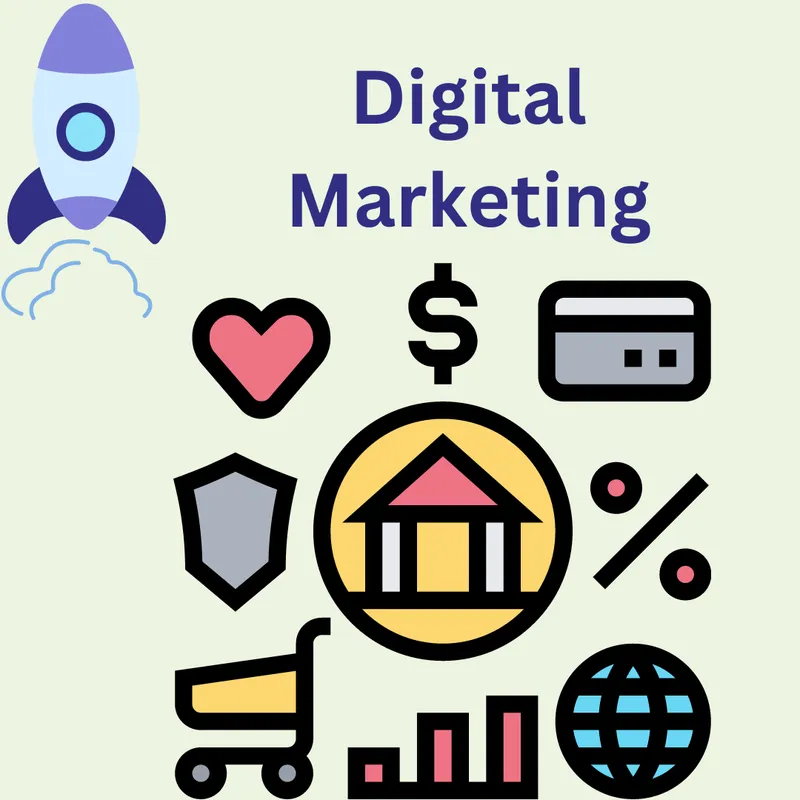How to market a startup on a tight budget
Marketing a business while on a limited budget is challenging. Fortunately, digital tools make things easier.
Launching a startup in India can be an exciting and challenging journey, particularly when you have limited resources to allocate towards marketing efforts.
However, a tight budget should not deter you from effectively promoting your startup and reaching your target audience.
Here's how you can market a startup with a limited budget:
Define target audience
Identify your target audience: Clearly define the specific group of people who are most likely to benefit from your product or service.
Gather insights about your target audience's preferences, behaviors, and needs. Use surveys, interviews, and competitor analysis to gain a deeper understanding of their motivations and challenges.

Identify what sets your product or service apart from competitors and emphasise the problem-solving capabilities that address your audience's pain points.
Use language, tone, and visuals that align with their preferences and effectively communicate how your startup can meet their specific needs.
Leverage the power of digital marketing
Develop a user-friendly and optimised website that showcases your startup's offerings, value proposition, and contact information.
Optimise your website's content with relevant keywords, meta tags, and descriptive URLs to improve its ranking in search engine results.
Establish a presence on popular social media platforms that align with your target audience. Engage with your followers, respond to comments, and encourage user-generated content.

Create and share valuable content such as blog posts, e-books, and infographics that provide insights, solve problems, or educate your audience.
This positions your startup as a thought leader in your industry and helps build trust and credibility.
Build strategic partnerships and collaborations
Look for businesses or organisations that share a similar target audience or offer complementary products or services.
Explore opportunities to collaborate on marketing initiatives that benefit both parties. This could include cross-promotions, co-branded content, joint webinars or events, or sharing each other's social media posts.
Attend industry events, conferences, and trade shows to connect with potential partners. Engage in networking activities and seek out opportunities to collaborate on presentations, panel discussions, or workshops.
Develop an affiliate programme or referral program that incentivises your existing customers, partners, or influencers to refer new customers to your startup.
Engage in influencer marketing
Research and identify influencers who have a significant following and influence within your target market.
Once you've identified potential influencers, focus on building authentic and meaningful relationships with them.
Work with influencers to co-create content that showcases your startup's products or services.
Implement referral programs with influencers: Leverage influencer partnerships to drive referral traffic and increase conversions
Use traditional marketing tactics
Leverage local media channels such as newspapers, radio stations, and community magazines to promote your startup.
Design and print visually appealing and informative marketing materials that highlight your startup's offerings, unique value proposition, and contact details.
Participate in community events and sponsorships: Engage with your local community by participating in events, fairs, or conferences related to your industry. Set up a booth,
Embrace user-generated content and customer testimonials
Create opportunities for your customers to share their experiences with your product or service.
Encourage them to post reviews, and testimonials, or share photos/videos of themselves using your offerings.
Feature UGC prominently on your website, social media channels, and other digital platforms.
This helps build trust and authenticity among potential customers who see real people engaging with your brand.
Organise contests or campaigns that encourage customers to create UGC.
Measure and optimise your marketing efforts
Identify the metrics that align with your marketing goals and objectives.
These could include website traffic, conversion rates, engagement on social media, lead generation, or customer acquisition.
Establishing clear KPIs allows you to track progress and measure the success of your marketing campaigns.
Utilise analytics tools: Implement analytics tools such as Google Analytics, social media insights, or email marketing analytics to gather data on the performance of your marketing efforts.
Track metrics like website traffic, click-through rates, open rates, and engagement metrics to gain valuable insights into the effectiveness of your marketing initiatives.
Analyse and interpret data: Regularly review and analyse the data collected from your marketing efforts. Identify patterns, trends, and areas for improvement.







